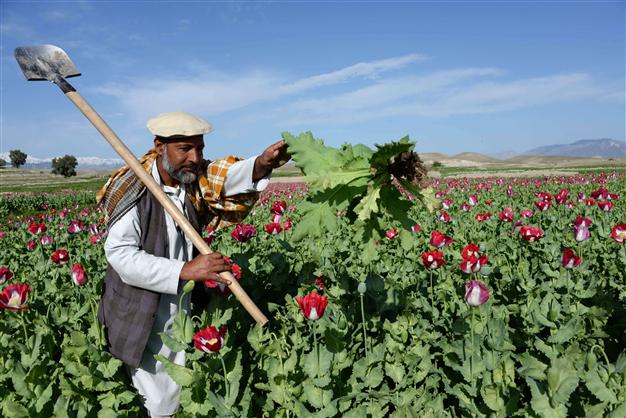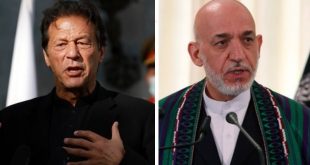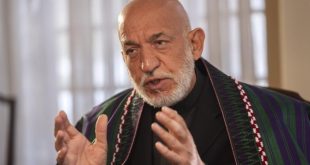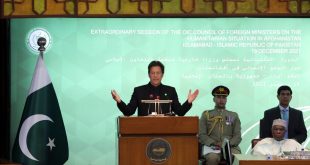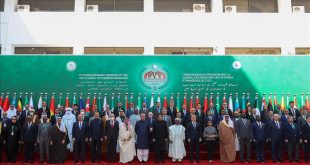The US government’s watchdog on spending for Afghanistan released a report on American war on drug in Afghanistan. According to the report the US has spent 8.4 billion on counter-narcotics efforts in Afghanistan since 2002, yet this country still remains the world’s largest producer of opium. The aid that came in the name of nation rebuilding piled up just in a few hands and pockets, which gave birth to a permanent poor-rich standoff. Those who couldn’t benefit from the aid, they turned towards poppy cultivation. Just a visit to Helmand is sufficed to make you believe why some people or an entire tribe turned towards poppy cultivation. The inequitable distribution of wealth and government jobs gave birth to economic inequalities and sense of grievances. When economic metrics are distributed among individuals in a group, among groups in a population, tendency to militancy takes birth, poppy cultivation is started, the writ of the government is challenged, terrorism thrive, and illiteracy prevails. Moreover, when there is no programs for alternative economy, people cannot dump poppy cultivation even if they, because they are being haunted by economic insecurity. If the money spent in the name of fighting narcotics was distributed among the poor population in the areas where poppy cultivation is on the rise, there would have been no poor to go and toil the fields for poppy. But, unfortunately more and more people are falling below the poverty line. Since 2002, the US Congress has earmarked nearly 109.62 billion for Afghanistan’s reconstruction, and of that amount 8.93 billion spent. Yet despite that many in Afghanistan and the US call the war on narcotics a mission impossible. Besides that until the counter-narcotics efforts bear fruits, the US and the Afghan government cannot win the war on terror as the black money earned from this sordid boon doesn’t only remain confined to the pockets of the drug-traffickers, but also end up in Taliban’s pockets. And see how the US managed things in Afghanistan. When poppy cultivation was on the rise and security deteriorating, the United States was mulling of withdrawing its troops.
It was the flawed approach and calendar-based withdrawal that made the US President Barack Obama stepped away from his campaign pledge to remove all US combat troops from Afghanistan. perhaps Afghanistan has become a basket case for the US, and at times it wanted to abandon, but cannot as White House is responsible to its own public in case it has to withdraw with humiliation. Now what should be done? The war on narcotics must be fought sternly. Terrorism needs to be redefined. And reliance on Pakistan must be reduced and pressure mounted to an extent where Islamabad starts taking actions against Afghan Taliban—including the Haqqani network and Gulbuddin Hekmatyar-led Hizb-e-Islami. If Obama could revisit his pullout plan, why cannot he redefine terrorism and include the Afghan Taliban in terror lists? His decision of retaining a military force is hailed by the parliament in Afghanistan and its people. This policy has one advantage at least like it provides the lever for Washington to expand its troops in Afghanistan if situation on the ground demands. A complete pullout would give the US no standing to increase troops’ levels even if the situation on the ground demands. If the US wants to expand military troops it will be possible only with the authorization of the Afghan government. And now that the US has taken a rational decision, it must take its war to those areas wherefrom the militants come and unleash terror in Afghanistan.
 Afghanistan Times
Afghanistan Times
